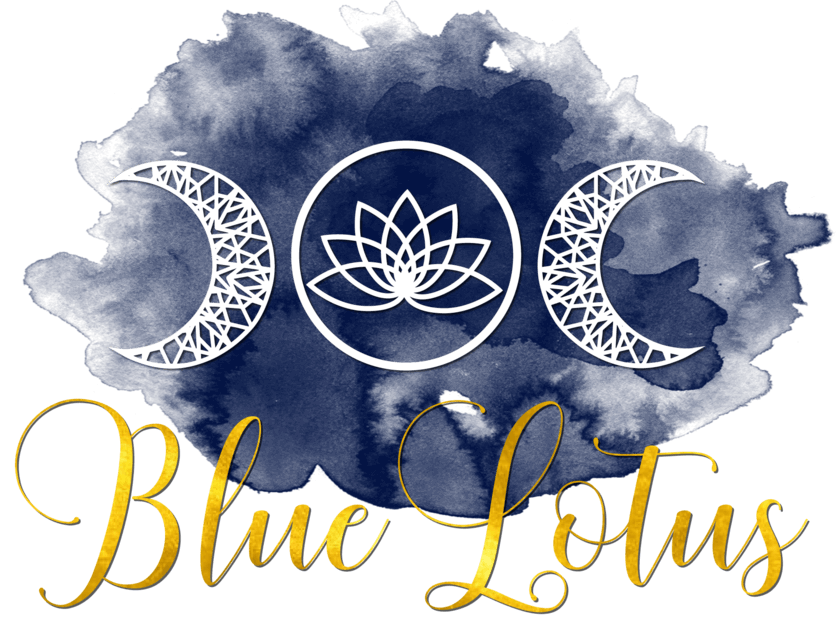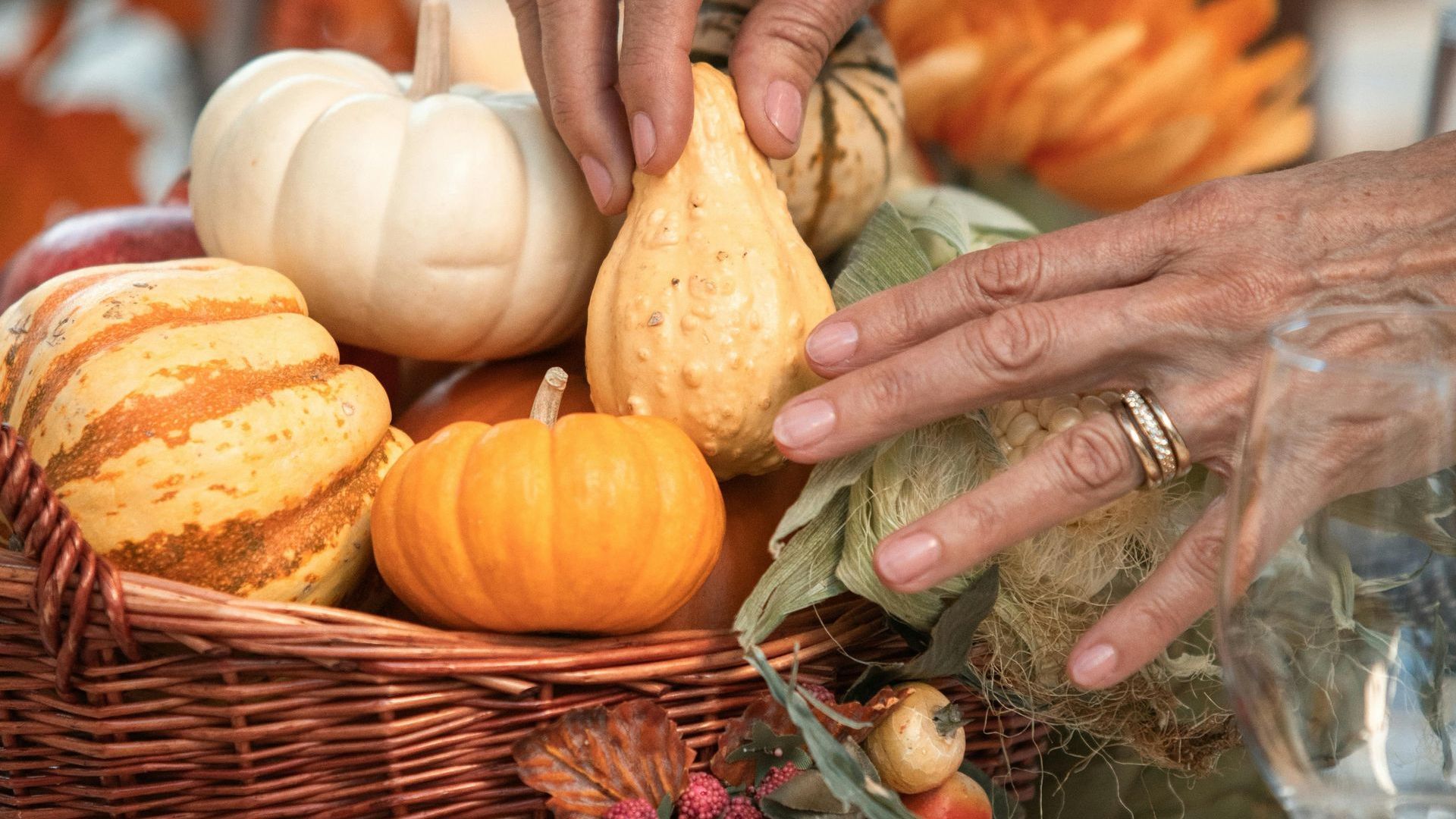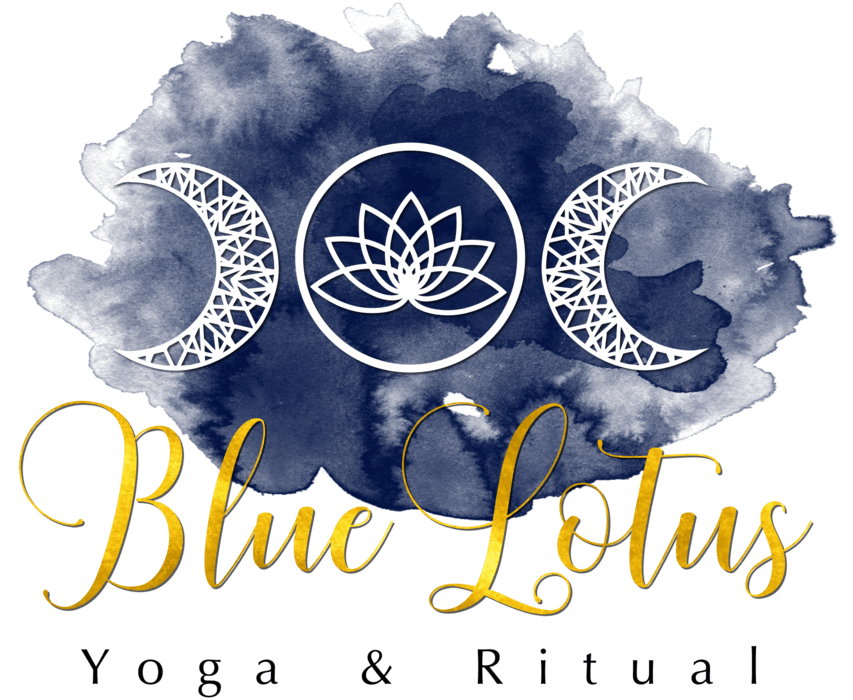Mushroom Magic
Have you discovered the amazing health benefits of Mushroom Coffee?

If you read last weeks blog about my liver cleanse you’ll know that Mushroom coffee is my latest addiction!!!
I know I’m a little late to this party as I’ve only recently discovered a delicious brand whose products are soooo good that I now actually prefer them to ‘real’ coffee.
Mushroom coffee has been around for quite sometime. According to online sources, mushrooms were used as a coffee substitute in Finland during World War II, when coffee beans weren’t available. There’s also an extensive history of culinary and medicinal use of mushrooms in Asian countries, specifically for Chinese medicine, for their nutritional and health benefits. There is also some research out there for mushroom medicine in treating cancers.
Medicinal mushroom extracts are adaptogens – they help your body and mind adapt to physical, mental and emotional stressors and have heaps of other health benefits.
So what does this mushroom coffee or adaptogenic coffee look like?
If you’re imagining a mug of hot water with bits of mushroom floating on the top then you’re going to be pleasantly surprised!.....It doesn't look like this at all. In fact it looks the same as a cup of regular coffee!
The mushrooms are blended with a small amount of micro ground coffee. Blending them together in this way creates an earthy, delicious cup of coffee but with all the additional health benefits.
Mushroom coffee provides a healthier alternative to regular coffee that’s just as delicious, with a slightly earthier flavour. In fact my favourite has a hint of chocolate flavour about it (London Nootropics Zen blend with CBD & Ashwagandha is super calming and absolutely yummy!). It can help to reduce stress, boost your immune system and medicinal mushrooms are also anti-inflammatory and contain a high amount of antioxidants.
Of course there are heaps of different types of mushrooms, and each has amazing health benefits. These are the common ones that are used in making coffee
- Changa - may be good for boosting your immune system, fighting cancer, and lowering your cholesterol.
- Turkey's Tail - full of antioxidants and other compounds. Evidence shows it may help fortify your immune system, maintain healthy gut bacteria
- Lion’s Mane - is known to improve memory, mental clarity, concentration and overall brain health.
- Cordyceps - supports energy and stamina, it can increase aerobic capacity and oxygen flow to our brain and body and resistance to fatigue
If you’d like to learn more about Adaptogenic Coffee, I recommend you visit the experts at London Nootropics
London Nootropics are a UK company and make, in my humble opinion, the best adaptogenic coffee using all natural ingredients that are also vegan friendly.
I whole heartedly encourage you to give them a whirl too of course. Please do use this link for a little discount on your purchase!!!












